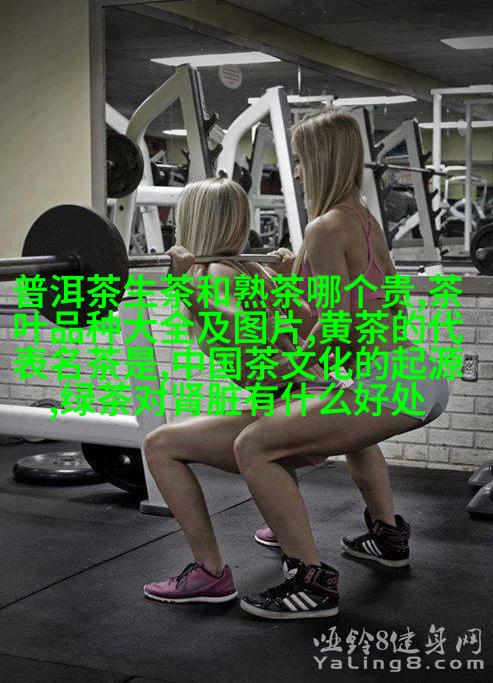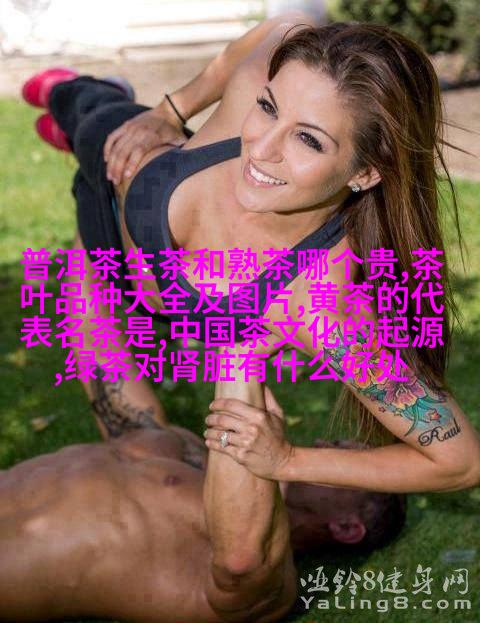吴觉农先生认为:茶道是将茶视作珍贵与高尚的饮品,因为它是一种精神上的享受,是一门艺术或修身养性的方法。庄晚芳先生则认为,茶道是一种通过饮用茶叶来传授礼仪和道德修养的仪式。庄晚芳还总结了中国茶道的基本理念为“廉、美、和、敬”,解释这些理念意味着以廉洁自律培养德行,以真诚相待实现乐在其中,以诚信相待处理人际关系,以尊重对待他人。

陈香白先生则提出,中国的茶文化包含了七个方面,即茶艺、茶德、茶礼、茶理、茶情、学说以及引导之道,其核心在于追求和谐。陈香白所提出的“七艺一心”理论强调,在享受美好的事物时达到完善的人格修养,从而实现全人类之间的和谐与安宁。
周作人先生则给出了一个更为随意但深刻的理解,他认为“忙里偷闲,苦中作乐”,即在日常繁忙中寻找片刻放松,在现实生活中体会到一点点美好与和谐。

金刚石教授则从另一个角度阐述,称tea is a way of life or a method of living that tea imparts to people, and also refers to the principles or reasons people understand through the process of drinking tea.
刘汉介教授简单明了地定义:“所谓‘tea ceremony’指的是品茗(喝 茶)的方法与意境。”

1977年,谷川激三先生在其著作《The Aesthetics of Tea Ceremony》中,将其定义为一种通过身体动作表演艺术,它融合了艺术性社交性礼仪性以及修行性等四大要素。
久松真一老师认为:Tea culture is an integrated cultural system that facilitates comprehensive development, unity, and inclusiveness. It encompasses various aspects such as art, ethics, philosophy, religion and culture with Zen at its core.

熊仓功夫老师从历史学家的角度看待,并提出:Tea ceremony is an indoor skill that achieves the goal of refining one's emotions and perfecting one's character by providing unique artistic experiences rooted in human-centered culture.
最后,由仓泽洋主张:“Tea ceremony contains profound philosophical tenets for thought background; it integrates with life cultures being East Asia’s essence. He further elaborates: "Way" is a path towards understanding humanity's existence; "Tea ceremony" is the path from heart to tea."

